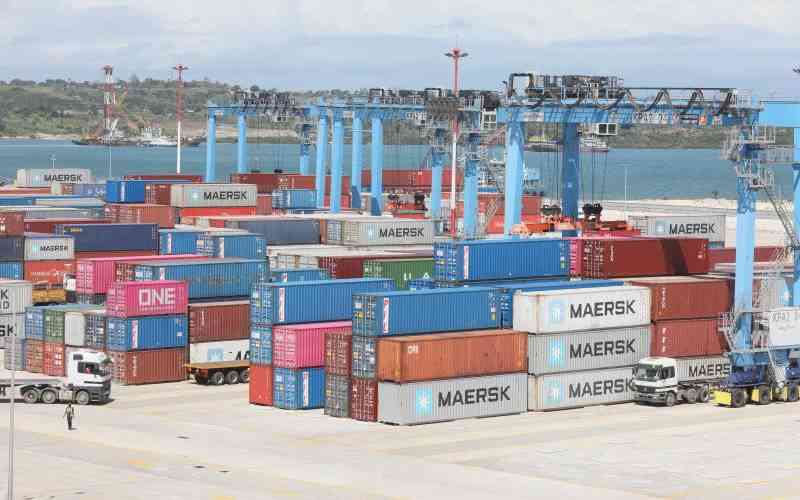
In an era of uncertainty and change, some moments breathe life into our spirits, igniting an extraordinary sense of delight and anticipation. I am thrilled to witness the profound impact of the African Continental Free Trade Agreement (AfCFTA) on the continent's economic landscape. The AfCFTA, which came into effect in January 2021, has the potential to transform Africa's future, and it is my earnest belief that every nation in Africa should take advantage of the opportunity to be a part of this revolutionary initiative.
The AfCFTA is a landmark trade agreement that aims to create a single continental market for goods and services, promote free movement of people, facilitate investments, and enhance economic integration across Africa. To boost intra-African trade, this agreement has already started yielding promising results, presenting a golden opportunity for countries that are not yet members to join the movement.